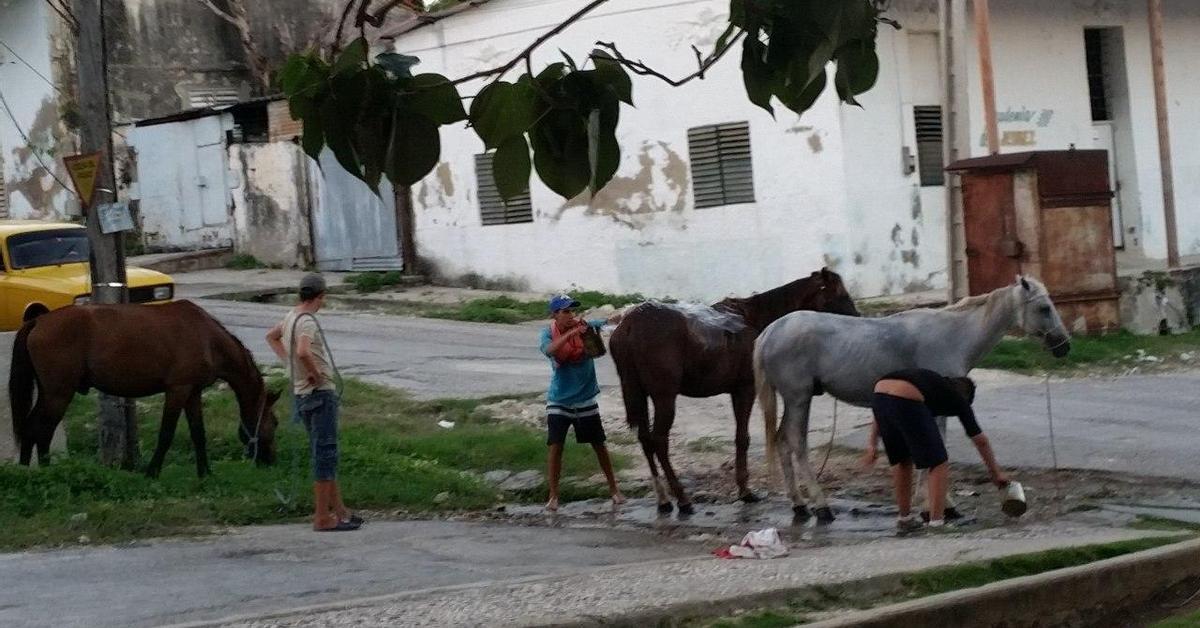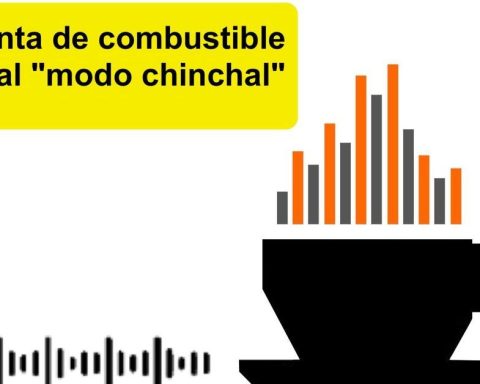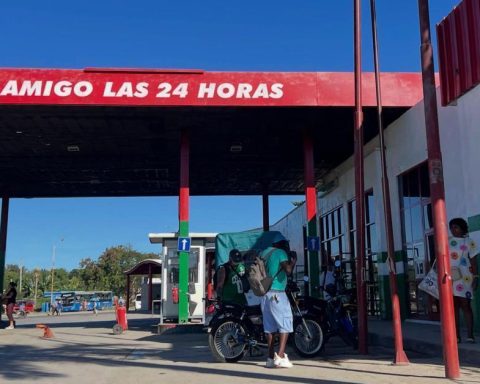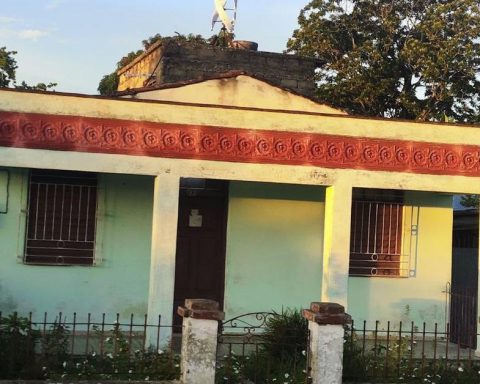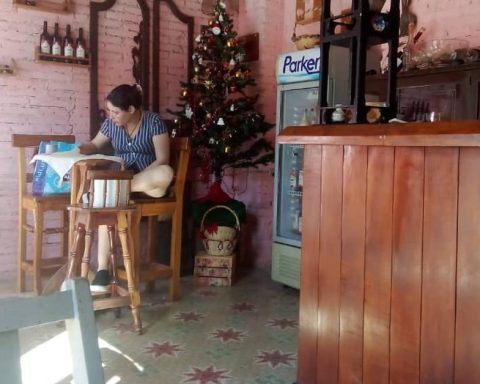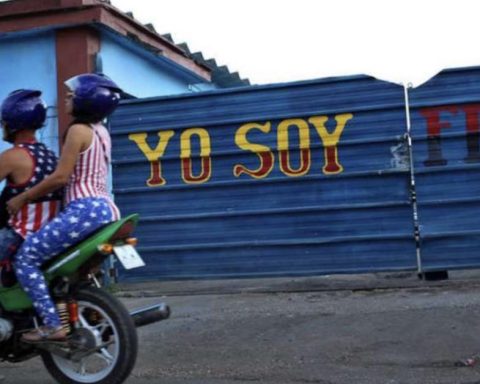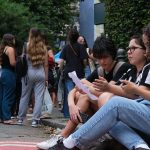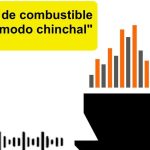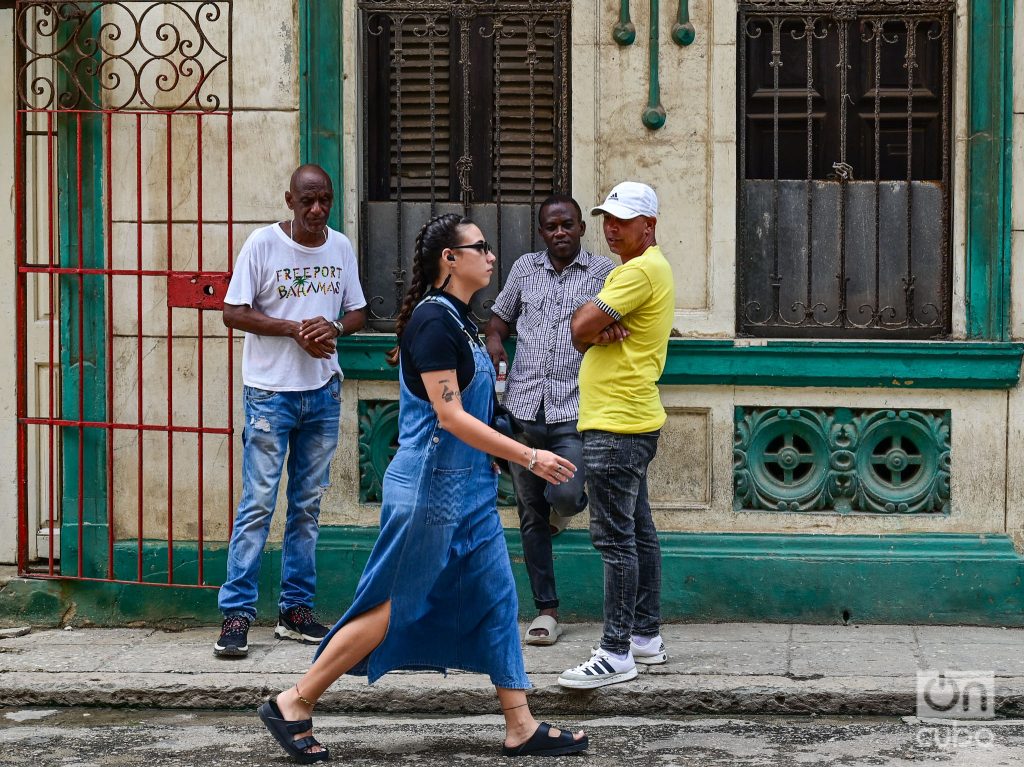Havana/The adjective “exemplary” is already an integral part of the vocabulary with which the official press tells the trials to the four in Cuba: all the legal processes already leave –in -in Granma or its provincial equivalents – its moral. This happened with the two horses in San Antonio del Sur, in Guantanamo, sentenced to three years in prison and whose case received national dissemination on Wednesday.
The defendant, guilty of the crime of theft, was a 34 -year -old man and “mismant citizen behavior”, who entered a pasture from the town of Playa Sabanalamar. He cut a wire fence, entered the farm where the two horses were tied, mounted on one and guided the other with a rope.
The police captured him while rodging to the Valley of Caujerí, a rural area characterized by his poverty, in the El Oro community. At that time, the owner of the horses had given the notice to the authorities, which, in a flap of infrequent rapidity in this kind of robberies, intercepted it.
Unemployed by the agents, the thief spurred the horses and tried to flee “in fast career”
Cubadebate It tells the west movie tone scene. Unemployed by the agents, the thief spurred the horses and tried to flee “in a fast career.” He did not mind throwing a backpack on the ground, whose content lists the medium in a digression: rope, knife – “with a fine and pointed plastic cape” -, and its portfolio with money and its identity documents.
Carné in hand, the agents cost nothing to find the direction of the thief. They went home and they stopped him. They discovered that it was a “suspect of the commission of criminal acts against heritage”, related to other cattle theft – although it had no criminal record – and had “close links with people of inadequate conduct”, which could be a suggestion, which the official press has handled on other occasions, of its belonging to some band of four.
Another comment arouses suspicions about your mental state, since Cubadebate He emphasizes that the thief was “physical and mentally, and that he only did” work occasionally on the father’s farm. ” Finally, several goods are confiscated.
For this time, the description of the exemplary trial did not include the identification of the accused, a practice that was already common in Facebook profiles related to the Ministry of Interior and that the official press itself has carried out in other notes, especially when it comes to corrupt local paintings.
For this time, the description of the exemplary judgment did not include the identification of the accused
A last fact contributed by the environment is significant: as witnesses of the trial there were other four -year -old “who are under control” of the authorities, although it is not said if they had a direct relationship with the accused, if they were accomplices or if they simply contributed to the exemplary nature of the process.
The crimes linked to the cattle “are increasing in the territory”, admits the report. Thefts, illegal sacrifices, not declaration of births and deaths, and administrative traps of all kinds characterize the cattle sector of the island, whose control has become – with little success so far – a matter of state.
Last February, after ten months of inspections and surveillance, the Ministry of Agriculture revealed that in the country there are 2,914,009 cows, an alarming figure and that gives the measure of the country’s livestock debacle.
The “survivors” were counted during an “high control exercise” that mobilized hundreds of police and inspectors throughout the year, and who had not yet been able to reach a good end because of the reluctance and obstacles that some guajiros put. Abandoned to their fate, after having denounced police inaction many times and the increase in the violence of the four -wing, it was the peasants themselves who had to mount surveillance and take action – often also with the machete in the hand, in the absence of firearms – against danger.
The panorama has changed little or nothing since then, and the exemplary judgment is now the strategy that the State seems to follow – in this and other areas, such as the energy or that of business corruption – to discourage criminals in an increasingly hungry country.
